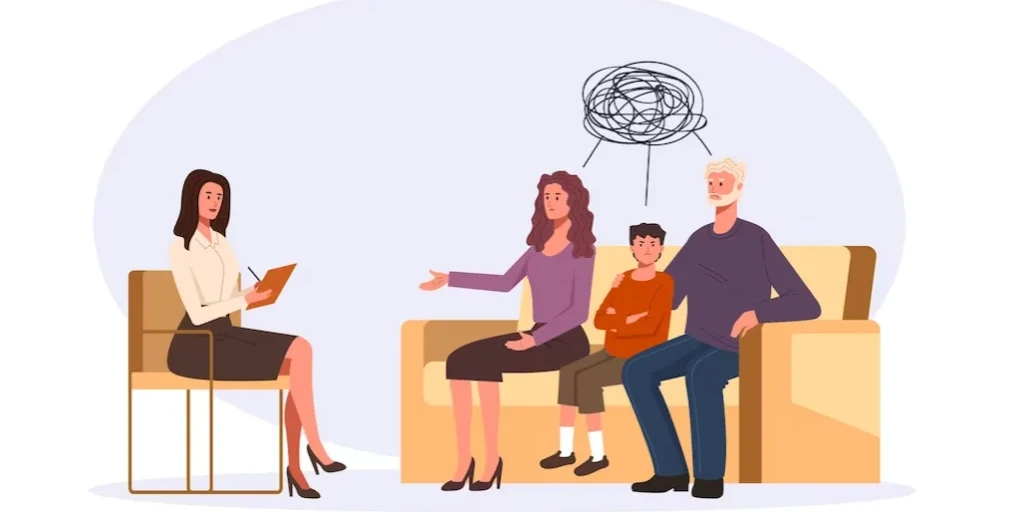24/7 Helpline:
(866) 899-221924/7 Helpline:
(866) 899-2219
Learn more about Eating Disorder Treatment centers in Hominy
Eating Disorder Treatment in Other Cities

Other Insurance Options

WellPoint

Choice Care Network

Optum

Access to Recovery (ATR) Voucher

Aetna

Absolute Total Care

Meritain
Beacon

BlueCross

PHCS Network

Humana

BHS | Behavioral Health Systems

Ambetter

State Farm

Health Choice

Evernorth

GEHA

UMR

Amerigroup

CareSource





Osage Nation – Primary Residential Treatment Center
Osage Nation- Primary Residential Treatment Center is a drug and alcohol residential program run by ...
















































































Edwin Fair Community Mental Health Center – Outpatient
Edwin Fair Community Mental Health Center – Outpatient is a private rehab located in Pawhuska, Oklah...

























































